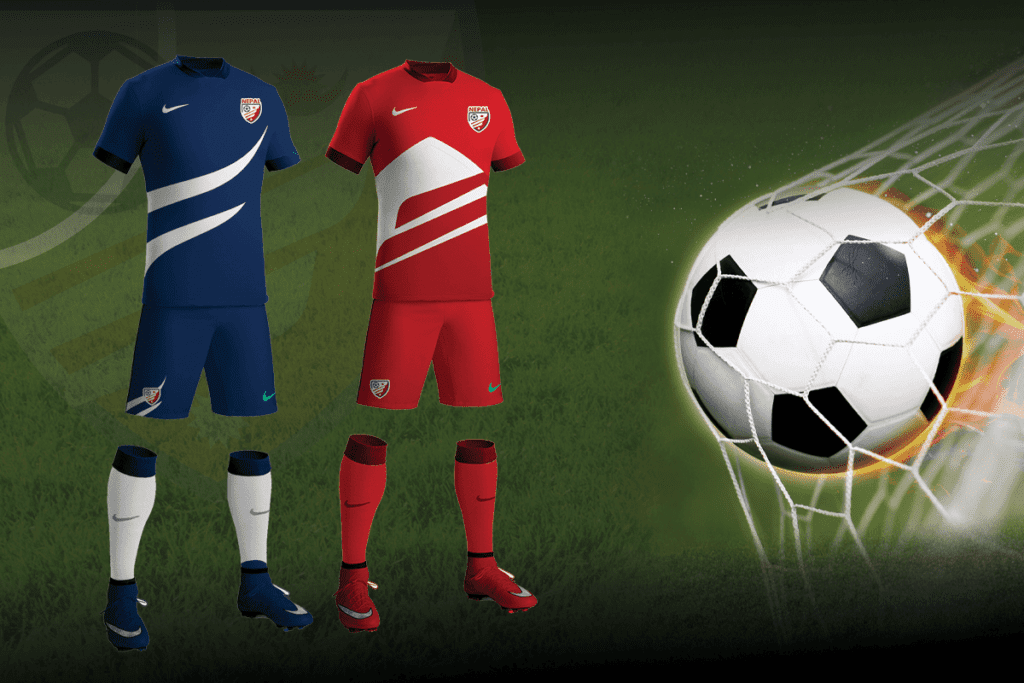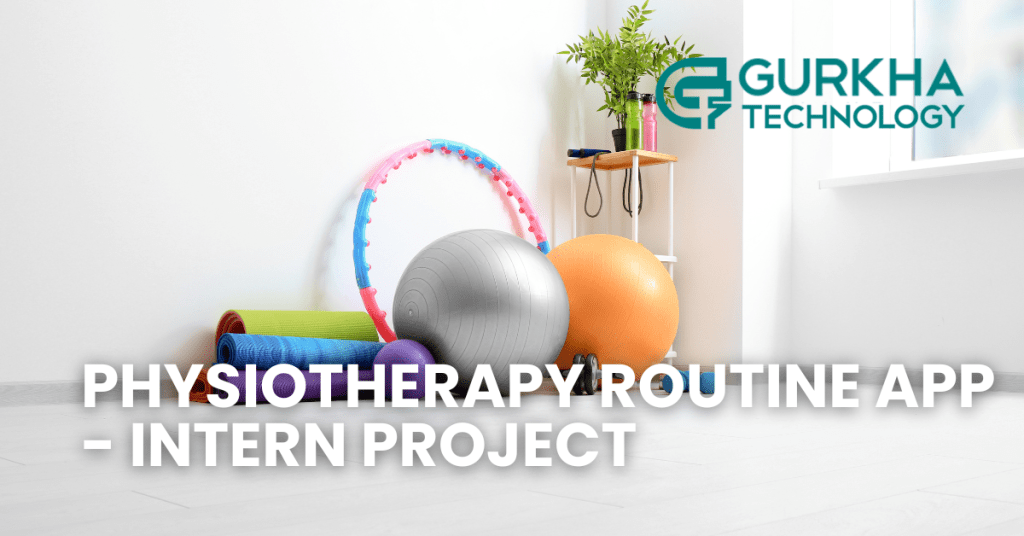1. Project Overview
This project is focused on developing a mobile app that helps users remember to take their medications on time. The app will allow users to input their medication schedule, set reminders, and receive alerts when it’s time to take their medicine. It is particularly useful for individuals with chronic conditions who require consistent medication management. Additionally, this app can help build relationships with pharmacies, healthcare providers, or organizations focused on patient health, enhancing your agency’s reputation in the health and wellness sector.
2. Project Objectives
- Create a mobile app where users can set daily, weekly, or custom medication reminders.
- Ensure the app sends notifications or alarms when it’s time to take the medication.
- Include a feature to track medication adherence and view a history of doses taken or missed.
- Allow users to add multiple medications with different schedules.
- Offer customization for reminder tones, notification types (alarm, vibration), and times.
- Optional: Integrate a medication database for easy medicine lookup and descriptions.
3. Required Skills
- Mobile app development skills (Android/iOS).
- Familiarity with notification systems and background tasks in mobile apps.
- Experience with database integration for tracking and storing user input.
- UI/UX design to ensure ease of use for all types of users, particularly elderly users or those unfamiliar with technology.
4. Tools & Technologies
- Mobile Development Framework: Flutter (Dart) or React Native (JavaScript).
- Notification Integration: Firebase Cloud Messaging or native notification systems (Android/iOS).
- Local Database: SQLite or Firebase for storing user data.
- Backend (Optional): Firebase or Node.js for syncing data across devices.
- Development Tools: Android Studio, Xcode, or Visual Studio Code.
- Version Control: GitHub
5. Step-by-Step Guide
- Research & Planning: Research how users interact with medication apps and the most common features needed.
- UI/UX Design: Create a user-friendly interface that allows users to input medication details and set reminders easily.
- Reminder Setup: Implement the core feature that allows users to set medication schedules (daily, weekly, custom) and configure notifications.
- Notification Integration: Integrate notifications or alarms to remind users at set times, even when the app is running in the background.
- Adherence Tracking: Develop a feature to allow users to mark medications as “taken” or “missed” and provide a log of past doses.
- Testing & Optimization: Test the app for accuracy in reminder scheduling and ensure it works seamlessly across different devices.
6. Expected Outcome
A fully functional mobile app that:
- Allows users to add and manage medication schedules.
- Sends timely reminders with alarms or notifications.
- Tracks and logs medication adherence for users to review.
- Offers customizable notification settings and reminders.
Deliverables:
- The app APK (for Android) or IPA (for iOS) file for installation.
- Documentation outlining how the app functions and instructions for use.
- A report on potential collaborations with pharmacies or healthcare providers.
7. Learning Outcomes
- Practical experience in mobile app development (Flutter/React Native).
- Understanding how to set up reminders and notifications in mobile apps.
- Gain experience with databases for storing user data and creating medication logs.
- Enhanced problem-solving skills by ensuring accurate scheduling and notification triggers.
- Insight into the healthcare industry and patient care through technology.
8. How This Helps Our Agency
The Medicine Reminder App positions the agency as a technology provider that cares about public health and patient well-being. It can open up partnerships with pharmacies, healthcare providers, or even insurance companies looking to improve patient adherence to medication regimens. This project showcases the agency’s capability to create meaningful, impactful digital tools in the healthcare space, potentially increasing visibility and reputation.
9. Timeline
- Week 1: Research & Planning (Medication Reminders, Adherence Features)
- Week 2: UI/UX Design and Core Reminder Feature Development
- Week 3: Notification Integration and Adherence Tracking
- Week 4: Testing, Optimization, and Final Adjustments
10. Additional Resources
- Flutter Local Notifications Documentation
- React Native Push Notifications
- SQLite Database in Flutter
- Firebase Cloud Messaging Documentation
📚 For more insights, check out our web development guide.


